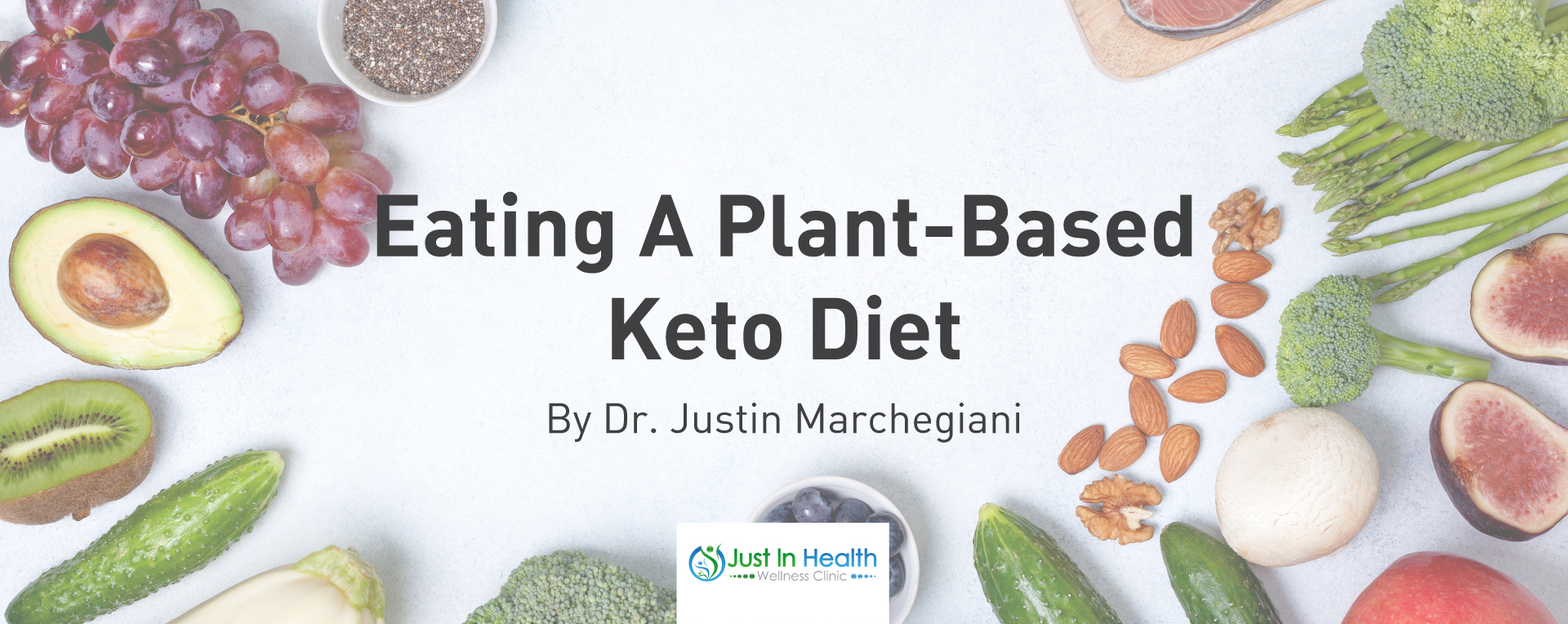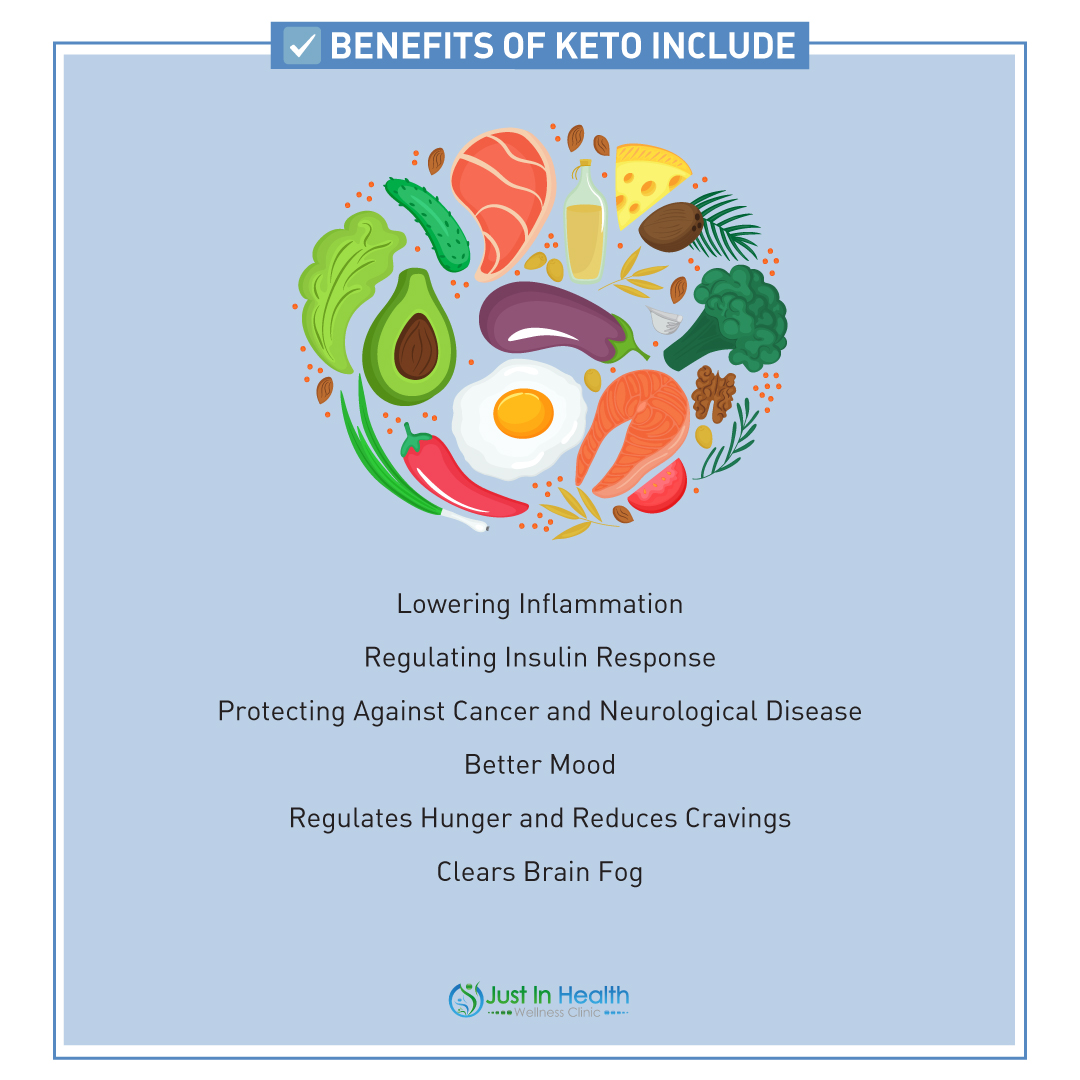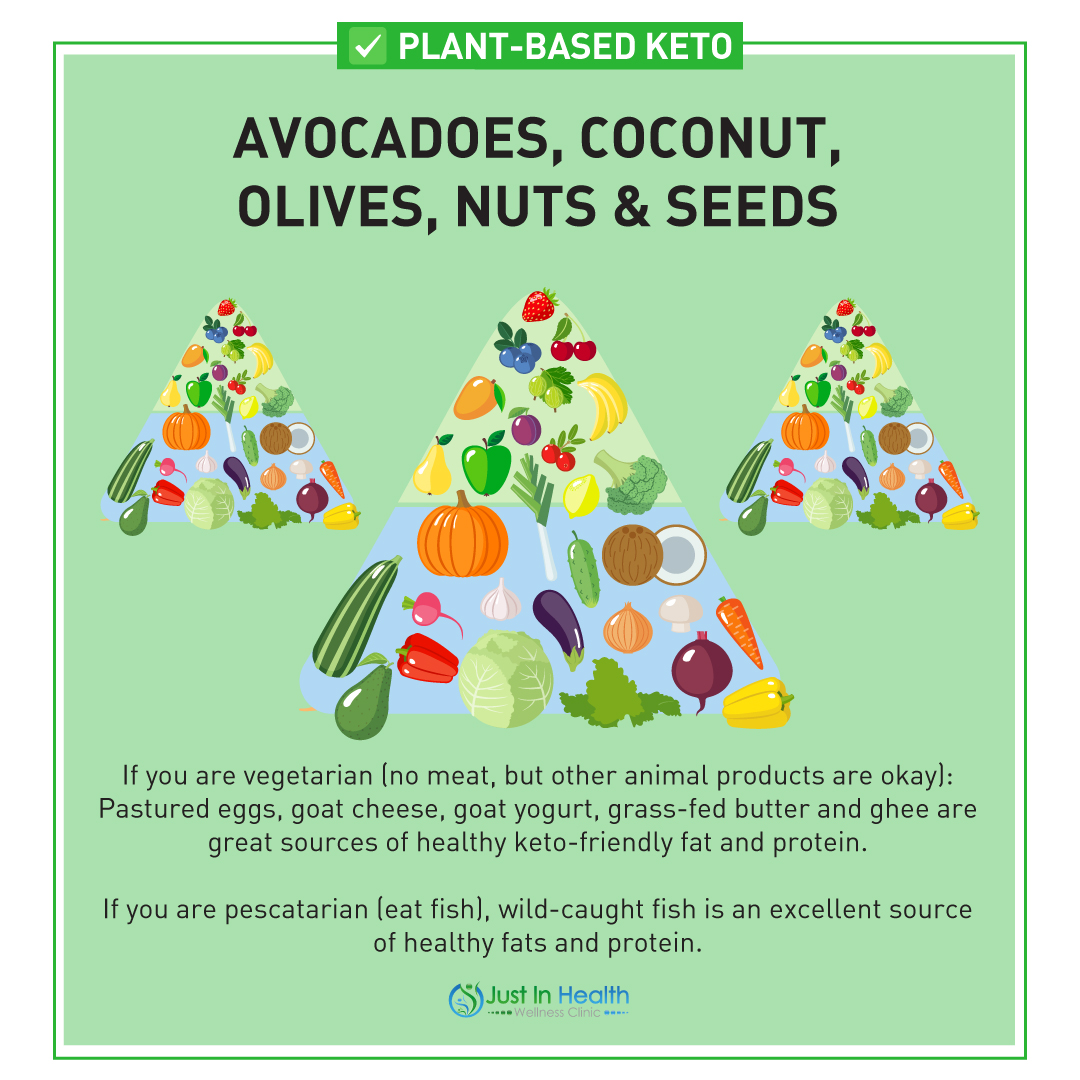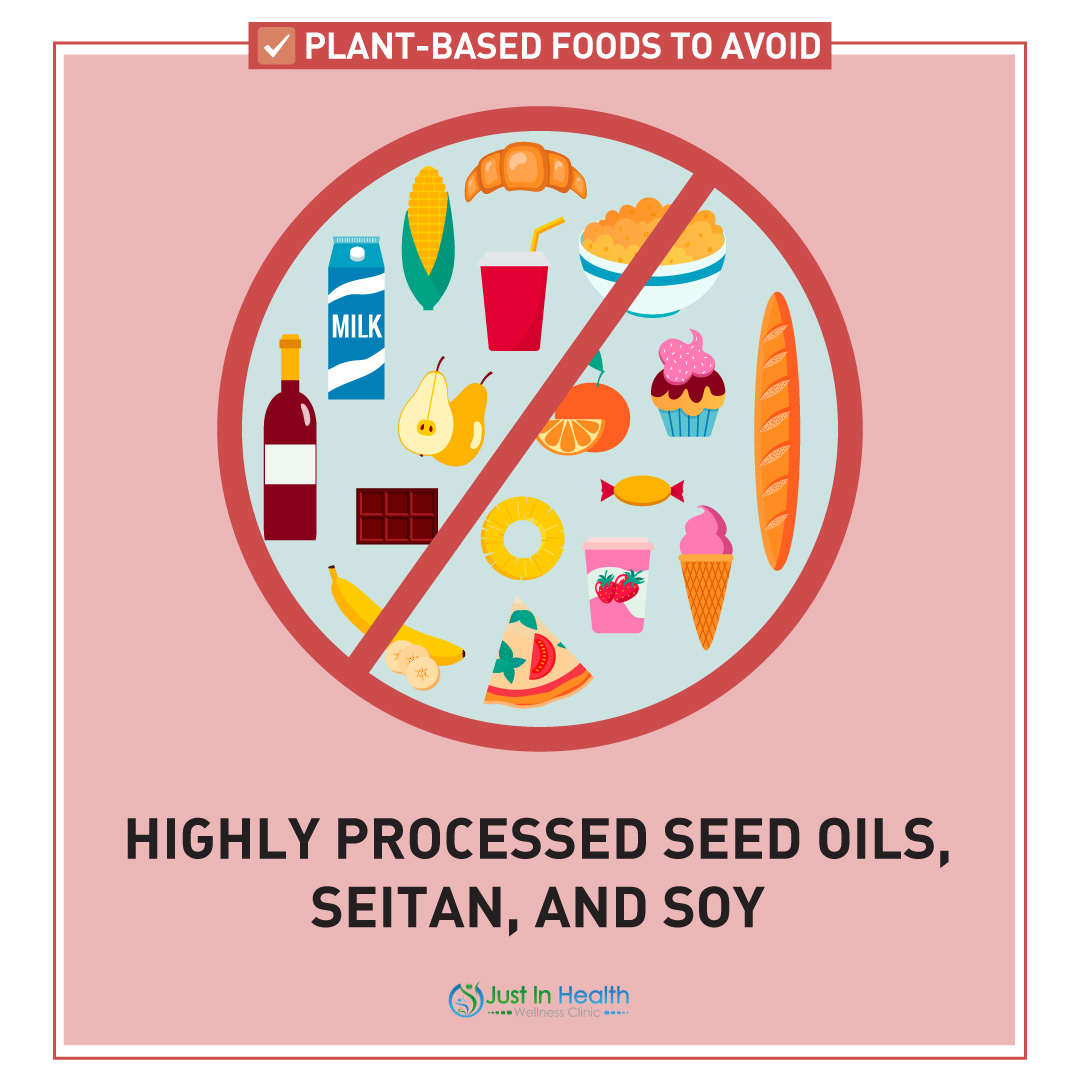

By Dr. Justin Marchegiani
Eating a ketogenic diet has reached mainstream popularity, often referred to as a diet full of meat and cheese. If you are interested in the fat-burning health effects of the keto diet, but turned off by the consumption of animal products, you may be curious if it’s possible to be both plant-based (vegan vegetarian, pescatarian) and stay in ketosis. Good news for all you meat-free folk: ketosis is most definitely achievable while sticking to plant-based foods!
In a traditional Keto Diet, you eat high fat and low carb, and your body enters a state called ketosis. Ketosis is when your body begins burning primarily fat, rather than glucose, for energy.
The Standard American Diet is composed largely of carbohydrate-heavy foods. With a high-carb diet, your body runs off of glucose (sugar) as fuel. When you lower your carbohydrate intake and reach the metabolic state of ketosis, there is not much glucose available, so your body begins to use fat for fuel–including stored body fat. This is one reason why the keto diet is so popular for weight loss.
In addition to the weight loss benefits, the keto diet has shown amazing results for lowering inflammation, regulating insulin response, and protecting against cancer and neurological disease. It’s no wonder this diet has taken over the health world!
Mainstream chatter about the keto diet leaves our plant-based friends in the dust; many vegans and vegetarians don’t realize that they too can partake in the keto-hype!
No matter your diet, it’s important to choose high-quality food sources. If you are eating a conventional keto diet, a fast food hamburger patty with cheese technically meets the “keto requirement” of high fat/low carb, but it is not going to provide much nutritional value (and if anything, will have negative effects on your health). Similar scenario with a plant-based diet: Eating chips and soy veggie dogs is within the bounds of a vegan diet, but is not going to do you many favors in the health department.
Applying this to a plant-based keto diet–let’s look at how we can reach ketosis with high quality sources of fat and protein.
Questions about plant-based keto? Click here to talk to the doctor!
For plant-based ketosis, here are some of the foods that should make up a large part of your diet!
Plant-based keto foods (vegan-friendly):
Let’s have a look at a few common “bad” plant-based foods and why we want to avoid them.
Good sources of protein on a plant-based diet, keto or not, include nuts, seeds, spirulina, natto, and tempeh.
Plant-based ketogenesis is totally possible! Just like any other diet, be sure to choose your foods with care: organic nuts and product, high quality fats and oils, and if you are vegetarian or pescatarian, pastured eggs, grass-fed dairy, and wild-caught fish. Choosing organic whole foods provides you with the most nutrition, while avoiding pesticides and inflammatory compounds.
Curious if the keto diet is right for you? Click here to work with a functional medicine doctor!
References:
https://www.ncbi.nlm.nih.gov/pubmed/23801097/
https://www.ncbi.nlm.nih.gov/pubmed/19664276
https://www.ncbi.nlm.nih.gov/pmc/articles/PMC3826507/